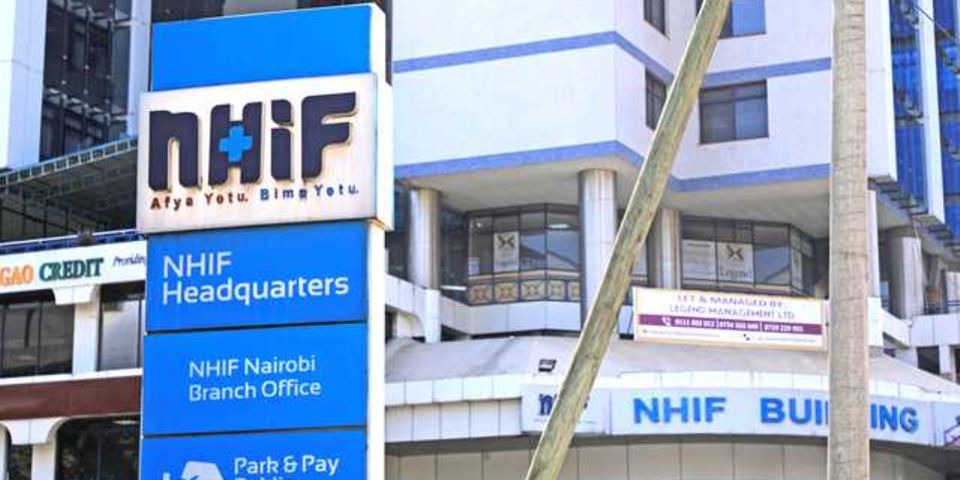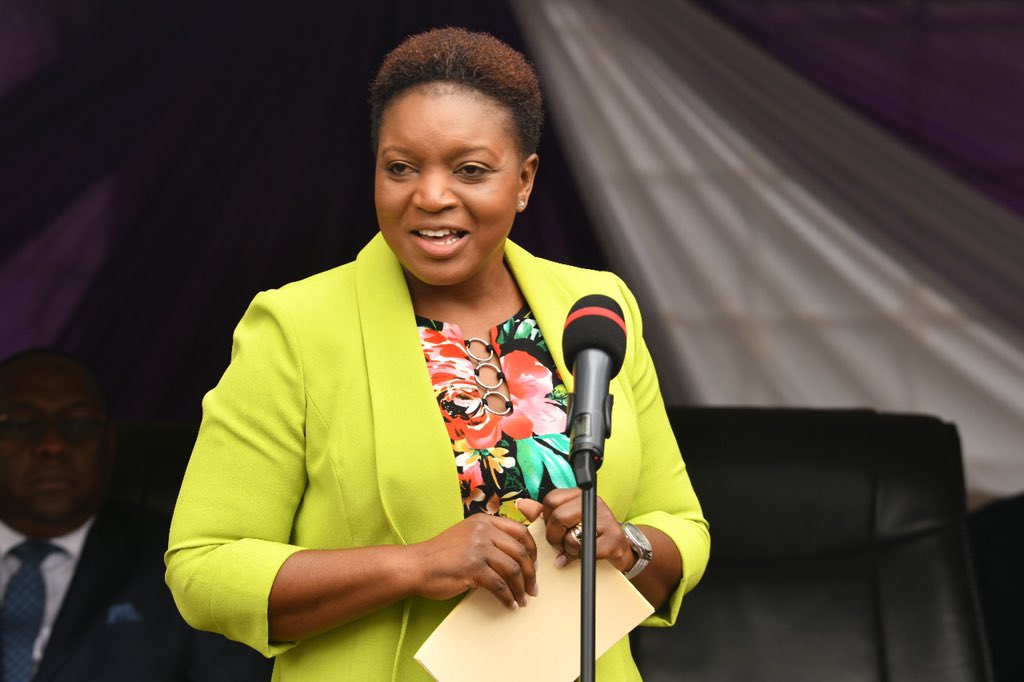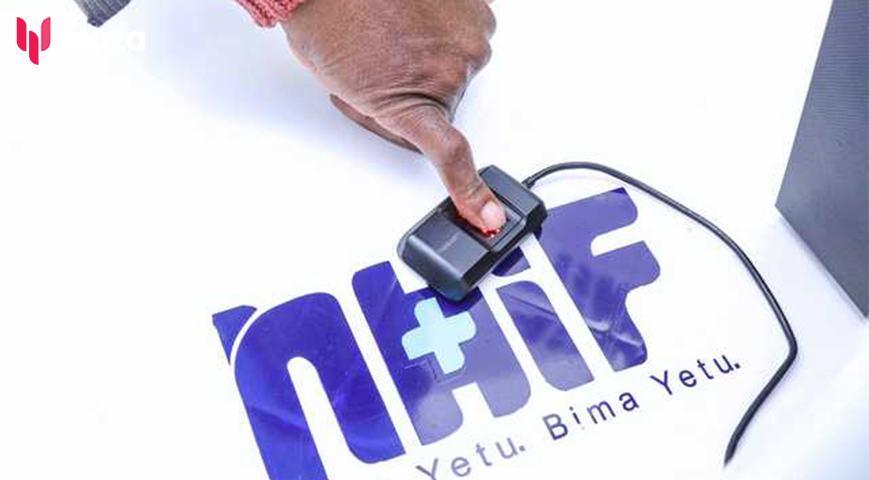When Citizen TV arrived for media review, hospital workers were pinning notices on the notice board at the Mother and Child Hospital in Eastleigh.
Upon closer examination, it became clear that the Rural Private Hospitals Association of Kenya has fulfilled its threat to stop providing medical care to NHIF recipients and only to treat them for cash.
The hospital claims that NHIF's refusal to resolve outstanding claims prompted them to take this action.
“The notice is to show that we will have no services rendered to outpatient and inpatient customers, including specialized services like eye care, dialysis and cancer care will be requiring customers to pay upfront in cash for consultation, procedures and lab fees,” says Mathew Mwenda, the hospital’s claims officer.
Did you read this?

“Of course, we will offer emergency services to those who need it.”
Dr Tim Theuri, the CEO of the Keny Health Foundation, says, “We are not able to continue with the services that we were giving Kenyans. It’s not that we are not willing; we are just not able to.”
“Most of the providers in healthcare are SMEs and they cannot sustain prolonged credit periods. If you go outside the 90-days period that the NHIF contract provides then we begin to have problems because people are not able to,” he adds.
Thousands of other providers across the country are facing similar financial constraints due to NHIF's delay in paying claims. These providers claim that their financial constraints have forced many of their businesses to the verge of collapse and have forced them to make difficult decisions that they believe are their only option.
Private facilities accuse the National Hospital Insurance Fund (NHIF) of dishonesty when it grants pre-authorization for a procedure but then declines to settle the claim, frustrating both hospitals and patients seeking healthcare.
They claim that this is having an impact on the trust that underpins the entire healthcare system.

“It didn’t just get slow in the matter of payment, but approvals too. Before a patient gets a procedure approved or a claim paid it takes time,” says Mwenda.
To protect Mwananchi financially, the Kenya Health Federation has warned that unless immediate action is taken to address the situation, provider networks may be forced to adopt a zero-sum model in which Mwananchi pays providers to fill out standard claims reimbursement forms, requires Mwananchi to deposit cash guarantees, or requires Mwananchi to sign an informed consent form under which they assume financial liability.
“The last few months have been interesting for us. We have engaged with NHIF around the provider space and money owed to providers and that’s just a small portion of the problem,” says Dr Theuri.
“What providers say is that there’s not enough money circulating within the sector for them to offer quality health care. The constitution says every Kenyan has a right to the highest attainable standards of care and if you don’t recourse then they are not able to give good care.”









